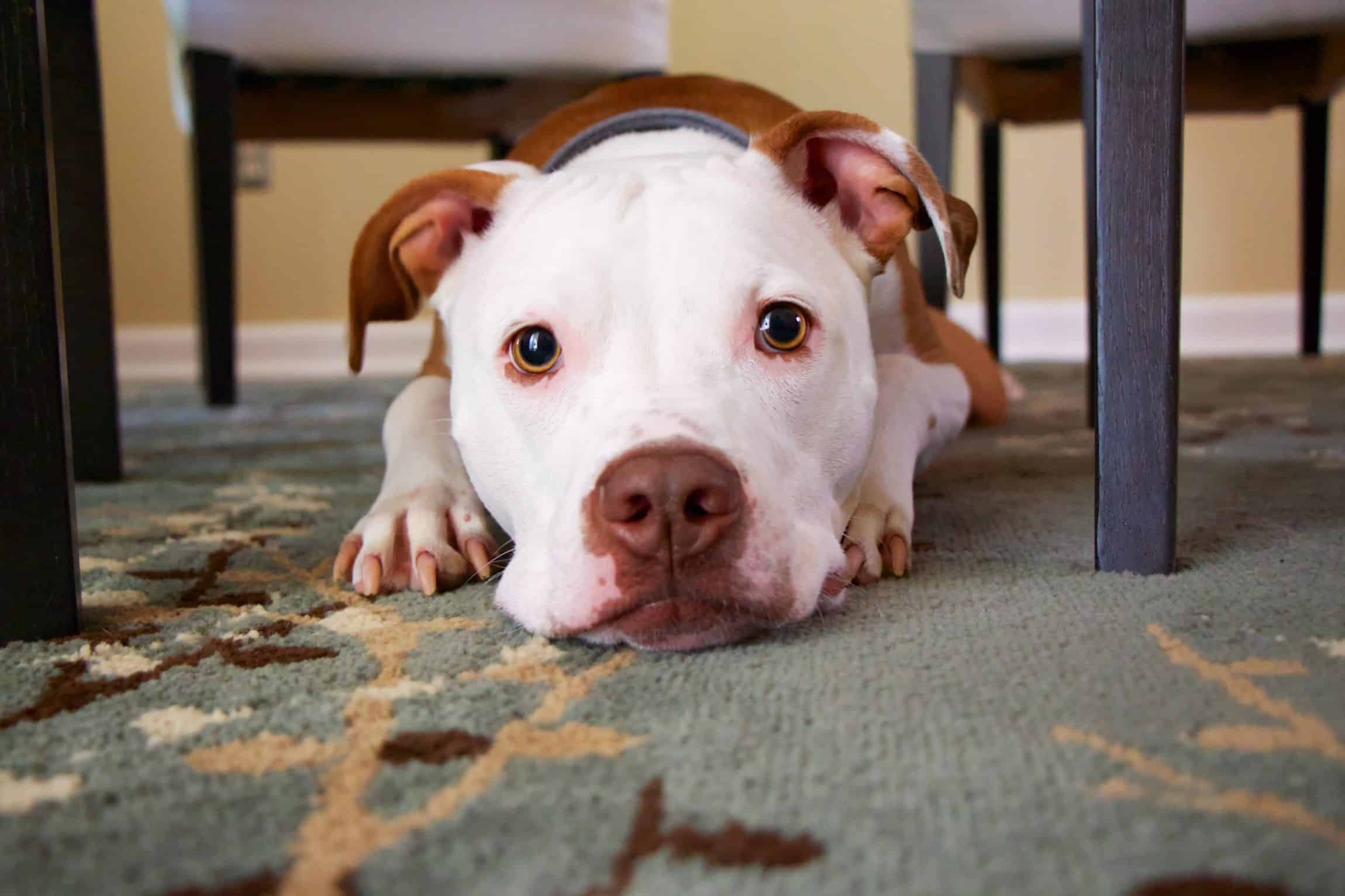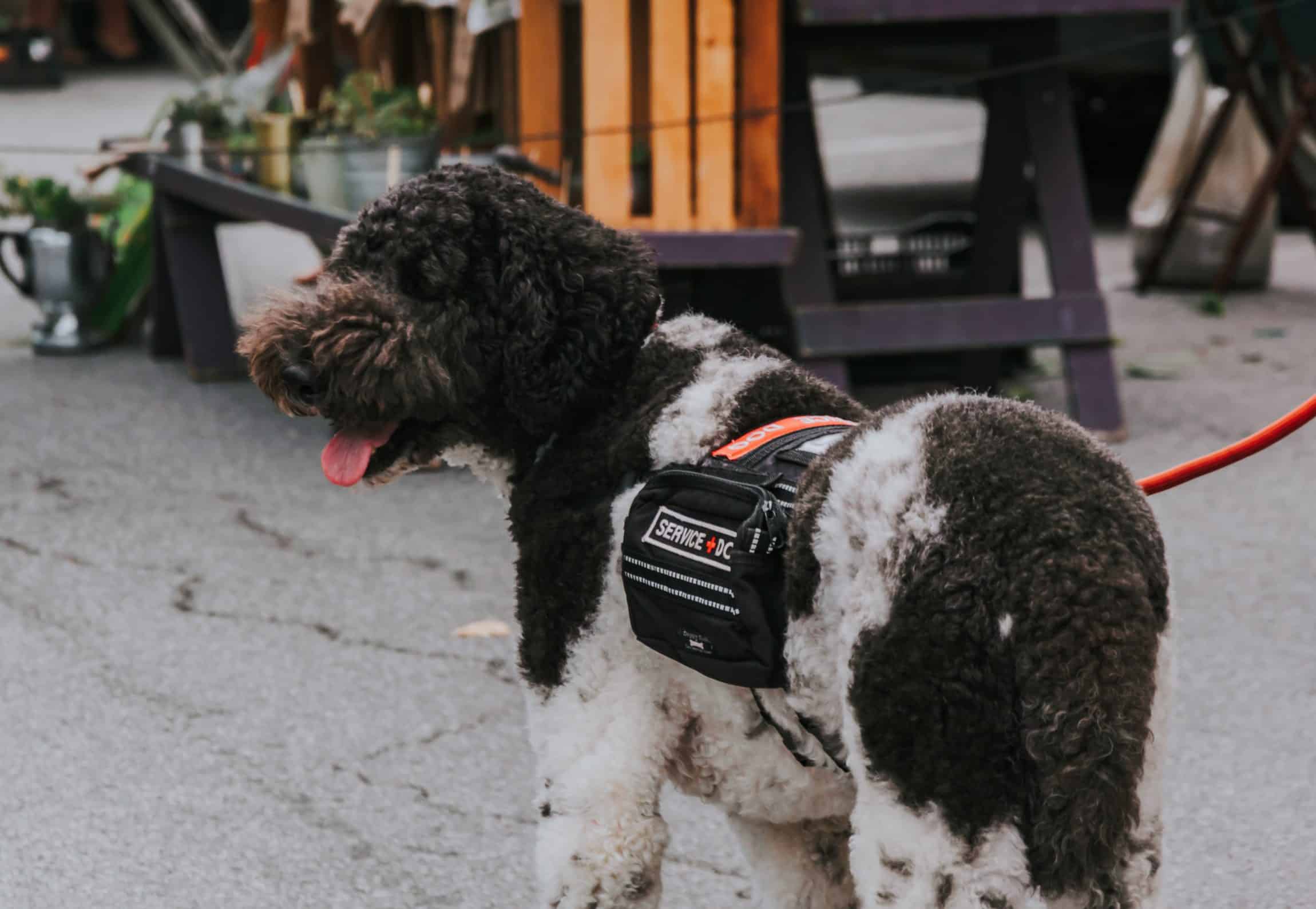
People love their pets – it’s just a fact of life. Our furry friends hold such important roles in our hearts that many pet owners are willing to do anything for them. This includes not even sparing a glance at a property that is unfriendly to our four-legged fur babies.
As a renter, the quick remedy to this problem is to list a rental property that allows pets. However, even though a pet-friendly property is sure to attract more renters, many landlords are concerned about the risks that allowing pets in their rental property may bring. Considering both perspectives may cause you to ask yourself if renting to pet owners is worth it or not. We’re here to make that choice a little bit easier for you.
The Pros
Choosing to allow pets in your rental comes with quite a few benefits.
A Larger Pool of Applicants
Did you know that over 72% of renters have pets? That’s a significant amount of potential tenants that you lose out on if you choose to not allow pets!
Letting people with pets apply for your rental gives you access to sections of the housing market that are eager to find a perfect place for both themselves and their furry friends to live. You’ll likely receive higher interest in your rental property, which means you’ll be able to screen for tenants that fit your exact specifications just a bit easier.

Renewed Leases
Tenants with pets are more likely to renew their lease agreement than those that are free of furry friends for a few reasons. First, it’s difficult enough to find one rental property that allows pets, and many renters do not want to go through that hassle again. Second, having to move to a new location with pets is taxing on both the animal and its owner. Third, having a pet makes a house feel like a home, and many people are unwilling to move out of their newfound paradise and into an unfamiliar place.
Responsible Tenants
Responsible pet owners often make for responsible tenants. Pets require plenty of care and your future tenant is likely to show that same care and responsibility for the home that they are renting.
Allowing pets also decreases your risk of tenants sneaking pets into your rental without your knowledge. Having the option to have a pet from the get-go discourages renters from going behind their landlord’s back and hiding an animal in their home.

Financial Gain
Your reason for owning a rental property is to make money and allowing pets can actually help you with that. Besides being a good business deal to attract tenants, the pets themselves can bring in a few dollars.
When you allow pets in your rental you enable yourself to charge a bit more for your property. Whether this is in the form of higher rent each month as a pet fee or a pet deposit on top of your normal security deposit, you’ll see an increase in your gross rental income.
For example, you could charge an extra $25 each month as a form of pet rent. This will net you an extra $300 each year.
The Cons
Before you let the pros win you over completely, keep in mind that there are still a few downsides to allowing pets in your rental.
Potential Damage
The most common reason that landlords are opposed to pet owners becoming their tenants is the risk of property damage that comes with owning a pet. Pet damage can be anything from urinating on floors and drool-marked windows, to chewed-up doors and a torn-up yard.
You can protect yourself from pet-related damage by including a clause in your pet addendum that requires your tenant to take responsibility for their pet and pay for all damages.

Injuries to Other Tenants
Having an animal on the property does increase the chance of a pet-related injury occurring. Both cat scratches and dog bites are fairly common, and dealing with their repercussions is something many landlords do not want to chance.
Protect yourself against potential injuries caused by pets by purchasing a Homeowner’s insurance plan. This will typically protect you up to the liability limit of $100,000 to $300,000, after which the dog owner will be liable for damages.
You can also encourage your tenant to purchase adequate renters insurance. Their insurance company will also help cover any potential liability expenses.
Noise and Odor Complaints
Let’s face it, animals can be loud. Dogs bark, cats yowl, and parrots repeat phrases at the worst hours of the day. These types of bad habits can cause neighbors and other tenants to become unhappy with their living situation, resulting in a fair bit of noise complaints.
Animals also come with a specific undesirable smell. Whether it’s because they’re unwashed or because their waste is sitting in common areas, the smell produced by animals can be atrocious.
A way to combat this is to only allow spayed and neutered pets. This will often cause a pet to become better behaved, quieter, and less likely to mark in the unit. Make sure that your tenant has trained and takes care of their animal properly to reduce your risk of odor and noise complaints.

Pet Allergies
If your rental property is located in a building with a shared HVAC system between units, pets pose a particular problem. Pets can spread dandruff and other allergens that can cause allergy flare-ups in other tenants.
You will need to let other tenants know if you allow pets so those with allergies can have a warning of possible allergens before they move in.
Forming Your Pet Policy
After looking at the pros and cons of allowing pet ownership on your property, you may have decided that allowing pet parents is not worth it. Move on from this step and go get your rental ready!
But if you do think it’s worth it, great! It’s time to flesh out any specifications that you’ll require your tenants to comply with.
Breed Restrictions
Many landlords refuse to rent to tenants who own ‘aggressive’ dog breeds like Pit Bulls, German Shepherds, Rottweilers, Great Danes, and Cane Corsos. Larger breeds like these often get a bad rap, but a dog’s breed is rarely ever a good indicator of its temperament.
Conduct a pet interview to determine the true temperament of the animal before judging them on breed alone. This will help you determine if the tenant’s pet is well behaved, or if it’s a bit too risky.
Beyond your ideas about their pet, you also have to take into consideration your insurance plan. Some plans will not cover specific breeds of dogs, and you should make your prospective tenants aware of this.

Pet Limits
Even if you choose to allow pets in your rental, you’ll want to avoid turning your property into a zoo. Implement restrictions on how many pets your tenant will be allowed to have based on the size of the property and the type of animal they keep.
Read into the city laws and ordinances that pertain to your rental property to see the exact number of animals a pet owner is allowed to have. Use this as a guideline as to the maximum number of animals your tenant will be allowed to keep.
If your property is in Boise, for example, the maximum number of dogs a person can own is four. This means you can limit your tenants to owning four or fewer dogs depending on your personal preference.

Nontraditional Pets
Pets tend to be of the furry, four-legged variety, but people may keep plenty of other animals. You’ll find people keeping all types of reptiles, birds, fish, and even insects! Some people opt to have a smaller furry friend like hamsters, ferrets, sugar gliders, or hedgehogs.
It is up to you whether you would like to include these nontraditional pets in your pet policy. We suggest researching the varying types of pets out there as well as conducting pet interviews with prospective tenants to see exactly how they keep their animals.

Service Animals
Under federal law, a service animal is classified as equipment necessary to make daily living easier for a person with a disability. To qualify as a service animal, the animal must have been trained to perform tasks to assist with a disability. Because of this, service animals do not fall under the same frame of reference as general pets.
The Fair Housing Act prohibits discrimination based on race, color, sex, religion, national origin, or disability. This act has a provision specifically preventing discrimination against those with service animals and does not allow landlords to charge pet rent for the animal. Not allowing a person to rent your property due to their service animal is illegal.

You are allowed to ask for proof of the need for the service animal. If proof is not able to be provided, you can deny them access to the property. You are not able to access the tenant’s medical record or ask specifically about their disability.
You will be able to receive compensation from the owner of the animal for any damage caused by the animal.
Emotional Support Animals
Emotional support animals, or ESA, are not considered service animals under the ADA. These animals provide therapeutic support and companionship to their owner, but may not be trained to provide a specific service. Idaho law does not specify regulation for emotional support animals, as they are classified as normal pets. They are subject to your chosen pet policy.

Determining whether or not you would like to allow pets to live on your property may end up being a harder choice than you originally anticipated it to be. Don’t stress about it, DJW Property Management is here to help! After helping you decide if allowing pets is the best course of action to take, our experienced property managers will take care of tenant screening and law compliance! We want you to be able to focus on yourself while we focus on managing your property and making you money. Contact us today to turn your investment property into a rental!


